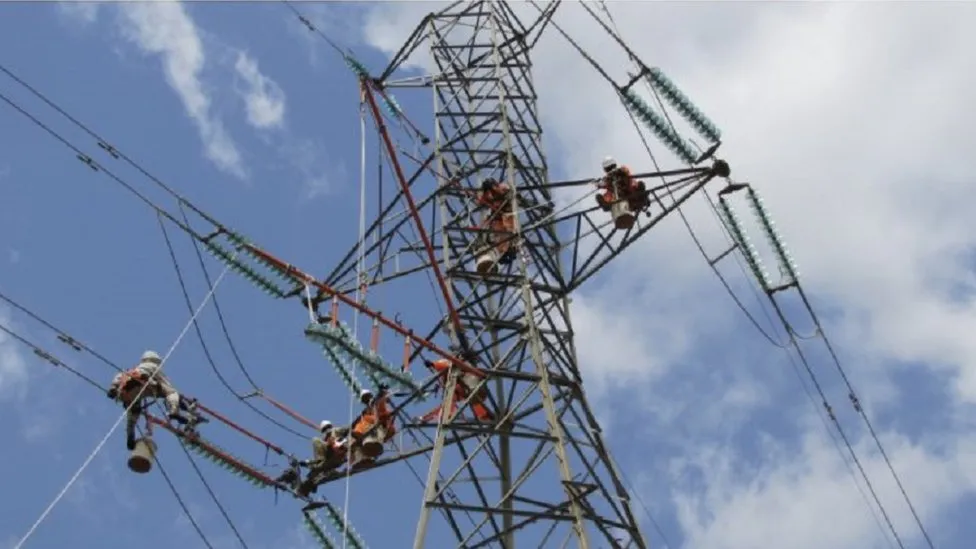Ghana’s government has decided to delay implementing a 15% tax on electricity amid concerns from the public about its impact on the rising cost of living.
Initially, the value-added tax (VAT) was set to apply to domestic electricity consumers, but opposition from labor unions prompted nationwide protests scheduled for next week.
Authorities have announced that discussions will take place to address the disagreement before proceeding with the plan.
This move follows the recent introduction of a fuel emissions levy, which received mixed reactions from Ghanaians.
The new levy requires citizens to pay an annual fee based on the carbon emissions produced by their petrol or diesel vehicles.
Critics fear that these additional taxes could worsen the economic challenges, especially impacting essentials like fuel.
In response to the concerns raised, the finance ministry instructed major power distributors, the Electricity Company of Ghana (ECG), and the Northern Electricity Distribution Company (NEDCO), to postpone the implementation of the VAT.

The decision aims to facilitate extensive dialogue and obtain input from industry players and labor unions regarding the tax’s implications on consumers and businesses.
However, the Trades Union Congress (TUC) mentioned that the government has not officially communicated its decision, so plans for protests remain unchanged.
The TUC emphasizes that the introduction of new taxes will further burden families and businesses already struggling with high costs.
Ghana is currently grappling with its most severe economic crisis in years and is seeking to increase revenue streams.
To address these challenges, the government has entered into a $3 billion bailout program with the International Monetary Fund (IMF).
Additionally, Ghana has been dealing with power shortages, known locally as “dumsor,” due to inadequate maintenance of hydro and thermal energy sources.
The country has increasingly relied on gas for electricity generation, and any disruptions in gas supply lead to power outages, exacerbating the energy crisis.